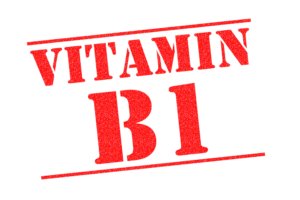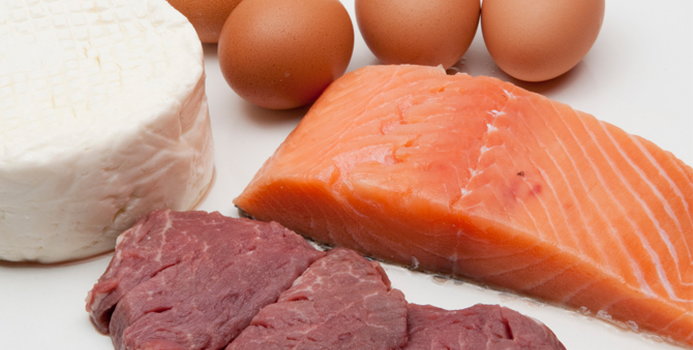B1
Healthy Gut 💚
 |
| Add caption |
 |
| Add caption |
 |

 |
Add caption
|
Vitamin B1
is very important for carbohydrate metabolism and the production of gastric juice, which is essential for your digestion.
B1 deficiencies occur as a result of unhealthy diets, sugar, alcohol and lack of magnesium.
B1 deficiencies occur as a result of unhealthy diets, sugar, alcohol and lack of magnesium.
Vitamin B1, like B12, contributes to a healthy nervous system. Besides this, it also assists in the production of neurotransmitters. This vitamin is required for carbohydrates, and thus supports normal energy metabolism.
Foods rich in vitamin B1 include fish, meat, tomatoes and greens, whole grain, nuts, beans, and peas in particular. There is also vitamin B1 in meat, fish, and dairy products.
Low vitamin B1 levels may result in impaired energy, reduced enzyme activity, and in the functions of mitochondria, which are the cellular powerhouses.
Minor deficiencies affect the nervous system and the digestive system.
 |
| Add caption |

Vitamin B1 is water-soluble and can be absorbed directly in the digestive tract.The body is able to store small quantities of vitamin B1 in the liver but not for longer than 18 days.


  |
| Add caption |
The best way to get vitamin B1 is by eating a balanced diet with greens and without too much sugar and alcohol.
Who are vitamin B1-deficient may take up to 50 mg of B1 daily.
Vitamin B1 can prevent mosquitoes from biting.
Comments
Post a Comment